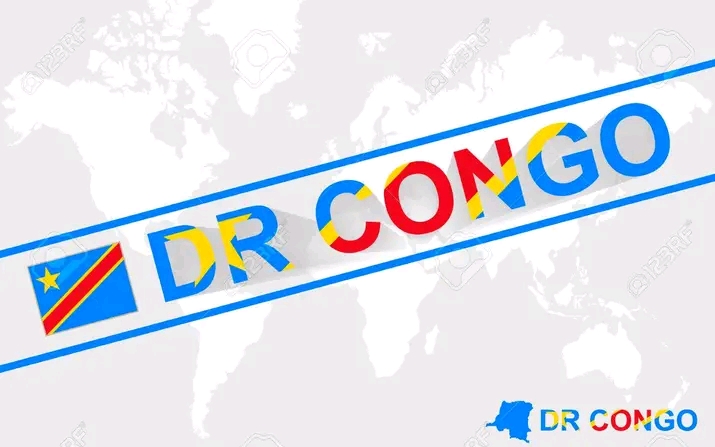By: The Editor-in-Chief
As the Democratic Republic of Congo (DRC) braces for the upcoming December 20 presidential elections, the political terrain is rife with shifting dynamics and unprecedented challenges. Recent surveys indicating Moise Katumbi’s commanding lead of over 68% among voters reflect a palpable appetite for change within the Congolese populace. However, this electoral fervor is set against a backdrop of escalating insecurity, particularly in the eastern regions, casting a shadow over the democratic process.
Katumbi’s rise as the frontrunner signifies a notable shift in the political winds. His Ensemble pour la République party has gained substantial support, posing a formidable challenge to President Félix Tshisekedi’s bid for re-election. The anticipation surrounding Katumbi’s unveiling of “An Alternative New Congo” underscores the significance of his proposed action plan for steering the country through economic, political, and social challenges in the years to come.
Yet, as the political narrative unfolds, a sobering reality emerges in the form of heightened insecurity. Renewed clashes between M23 rebels and pro-government armed groups near Goma, coupled with a surge in displacement, raise pressing questions about the government’s capacity to secure its citizens and defend key cities. The precarious situation near Goma, with thousands seeking refuge in the town of Sake, demands urgent attention and strategic intervention.
In the face of such complexities, the editorial lens turns toward the candidates’ commitments to addressing multifaceted challenges. How will they ensure stability amid escalating violence, and what concrete plans do they offer to protect vulnerable populations caught in the crossfire?
The electorate faces a crucial decision, not only in selecting their next leader but also in determining who can navigate the storm of insecurity that threatens the democratic process. The editorial board urges political candidates to prioritize the safety and well-being of the Congolese people, fostering an environment where elections can unfold without jeopardizing lives.
The confluence of political aspirations and security concerns underscores the delicate nature of the DRC’s electoral landscape. As citizens engage in the democratic exercise, they deserve assurances that their choices will lead to a more stable and secure future. The editorial board calls for transparent, peaceful elections, and for elected leaders to prioritize the safety of their constituents, steering the DRC toward a new chapter of prosperity and resilience.


